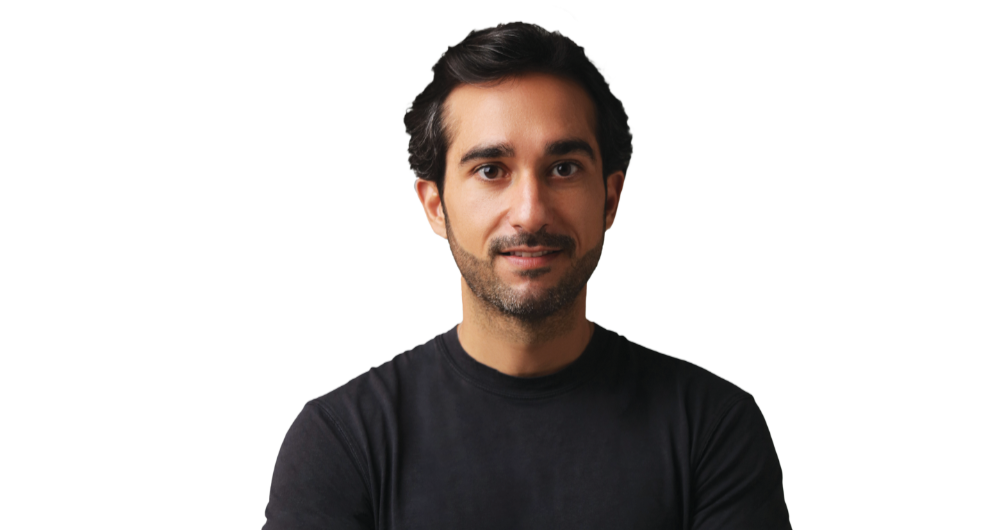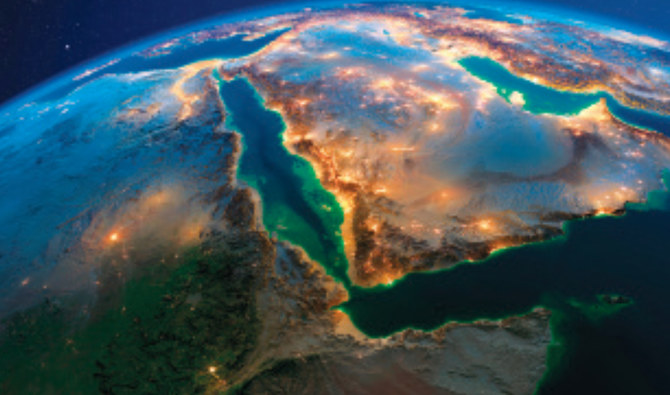CAIRO: Dubai-based fintech company Tarabut Gateway is strengthening its presence in Saudi Arabia with partnerships and operations to support open banking.
The Kingdom’s fintech sector is about to witness a huge opportunity, with open banking launching in the first quarter of 2023.
Open banking enables third-party developers to link applications and services to financial institutions by creating data transparency.
The company has been the leading business-to-business regional infrastructure provider for open banking with operations in the UAE, Bahrain and the Kingdom.
In an exclusive interview with Arab News, Abdulla Al-Moayed, CEO and founder of Tarabut Gateway, said that the company has already established multiple partnerships with fintech companies and banks in the Kingdom with plans to establish its local headquarters by March 2023.
“We will be building an entire country-specific operation in Saudi Arabia catering to that specific market. We are absolutely excited about the size of the market and the opportunity that it presents for which we will be setting operations to be able to entertain that market,” Al-Moayed said.
From Al-Moayed’s point of view, open banking is about the customer, as it allows individuals to have complete control over their financial data by granting or revoking access to that data.
“In the case of Saudi Arabia, we do everything from supporting the banks to preparing themselves for this new phenomenon of open banking by helping banks build the required infrastructure to be able to entertain and interact with these new licensed third parties,” he added.
Al-Moayed further explained that the Saudi Central Bank, also known as SAMA, has provided licensing to more than a dozen fintech companies, and more than 80 companies are registered in SAMA’s regulatory sandbox.

“In the case of Saudi Arabia, we do everything from supporting the banks to preparing themselves for this new phenomenon of open banking,” said Abdulla Al-Moayed, CEO and founder of Tarabut Gateway.
Aligned with Vision 2030, SAMA is keen to bolster the financial technology sector by increasing the number of fintech companies in the Kingdom and providing the proper infrastructure for open banking.
SAMA also enrolled Tarabut Gateway in the sandbox at the beginning of the year, where it started testing its open banking platform with banks and fintech.
“Our focus is to support and ensure that open banking becomes a success at the national level. More importantly, we are committed to supporting Saudi Arabia to succeed in open banking. And that is why we’re working the entire ecosystem, be it the fintech, banks or the regulator,” Al-Moayed explained.
The company is already in partnership with several large banks in the Kingdom, including Riyadh Bank, Saudi British Bank, Banque Saudi Fransi and Alinma Bank.
Al-Moayed announced that the company is working with several licensed fintech companies in the Kingdom, such as Malaa, Drahim and Tamam.
He also explained that the Kingdom would become an open banking blueprint for other countries to follow suit thanks to its well-governed operations to support fintech companies and banks.
The founder stated that the Kingdom’s central bank had put forth the appropriate supervision and environment for startups to mature and move into production.
Tarabut Gateway has raised $25 million in investments and has already started hiring a team for its local headquarters in the Kingdom.














